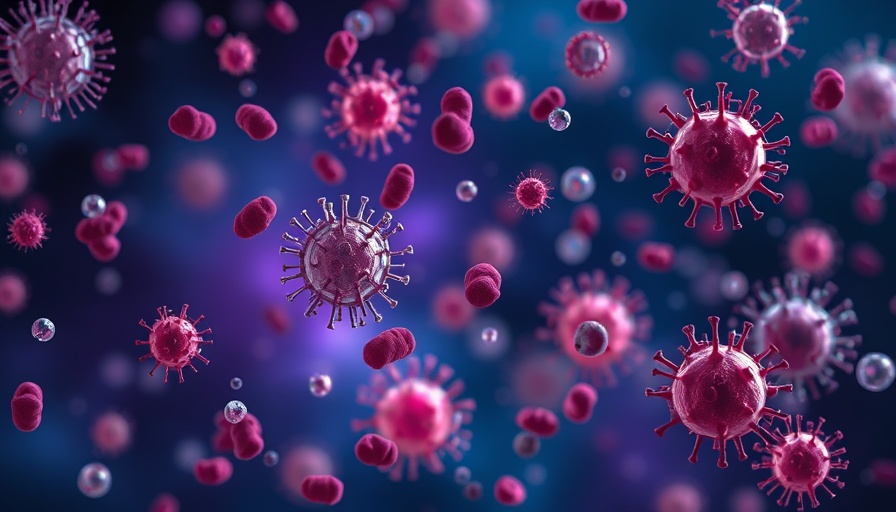
Why Regular Health Checks for Pets Are Essential
As loving pet owners, we often assume that our furry companions are healthy as long as they are acting normally. However, health experts are increasingly cautioning against this complacency. Pets, especially dogs and cats, can carry a variety of parasites that pose health risks not only to themselves but also to their owners. Regular veterinary check-ups can help ensure that both pets and humans remain safe from unforeseen health hazards.
The Dangers of Parasites: What You Need to Know
Parasites such as Toxocara canis and Toxocara cati can easily be transmitted from pets to humans. These parasites are a form of zoonotic infections, meaning they can cross the species barrier. Contact with pet feces, contaminated food, or soil can unintentionally expose humans to these parasites, leading to severe health complications such as liver cysts or lung infections.
Recognizing Symptoms: Stay Alert
Parasitic infections can manifest through various symptoms, which can range from minor nuisances to severe health issues. Symptoms to watch out for include skin rashes, flu-like symptoms, and even abdominal pain. Early recognition of these symptoms can help in taking timely action, preventing the escalation of these health threats.
Understanding Zoonotic Infections: The Invisible Threat
The health risks associated with pet ownership extend beyond just the animals themselves. The potential for zoonotic infections can be significant, as pets can harbor parasites stealthily. Professor Tanimola Akande of the University of Ilorin warns that many healthy-looking pets could still be carriers. Therefore, it is crucial for pet owners to take proactive measures to safeguard their health.
Long-term Implications of Neglecting Pet Health
Neglecting regular health checks for pets can lead to serious long-term consequences. Health professionals have observed cases where untreated parasitic infections resulted in chronic health issues for humans, creating an ongoing burden both medically and financially. Infections such as hydatid disease, transmitted through infected feces, can lead to severe complications if not addressed promptly.
Practical Steps for Pet Owners
To protect yourself and your pets, here are some practical steps:
- Schedule regular veterinary visits to ensure your pet is screened for parasites.
- Keep your pet’s living area clean and free from fecal contamination.
- Ensure that your pets receive preventive treatments as recommended by your veterinarian.
- Practice good hygiene by washing your hands after handling pets, especially before meals.
- Be aware of the symptoms of parasitic infections and seek prompt medical attention if they occur.
Why Your Role Is Crucial
As a pet owner, your responsibility extends beyond just providing food and shelter. You also play a vital role in public health. By keeping your pet healthy, you help create a safer environment for yourself and others. Understanding the importance of regular health checks and hygiene can prevent the spread of infections and protect the well-being of both pets and humans alike.
Taking care of your pets not only ensures their health but also safeguards your family. If you're ready to commit to regular veterinary visits and proactive hygiene practices, you will be safeguarding not just your beloved pets but your entire household.
 Add Row
Add Row  Add
Add 




Write A Comment